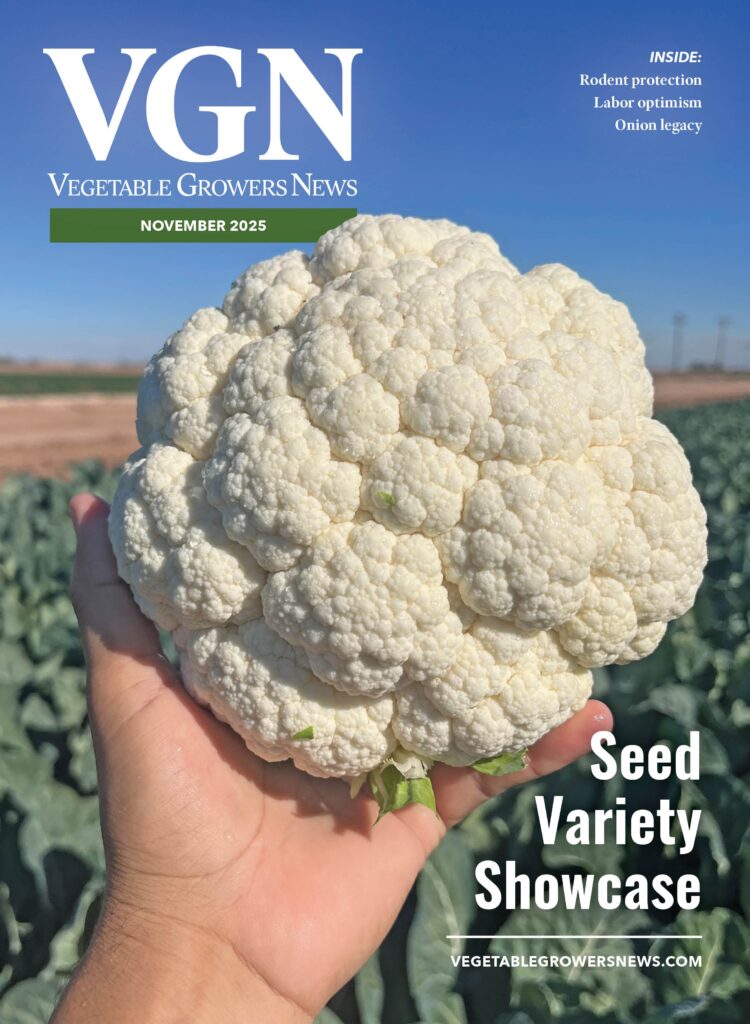Oct 3, 2019Report on ‘climate crisis’ released by Sen. Debbie Stabenow
U.S. Sen. Debbie Stabenow, D-Michigan, led a roundtable discussion Oct. 3 with agriculture and conservation leaders in Traverse City, Michigan to discuss the impact of the climate crisis on Michigan agriculture, which is outlined in a new report she released on the climate crisis in Michigan. Participants at the event discussed the impact of the climate crisis on local growers and how agriculture can be part of the solution.

“Science is clear. The climate crisis is already impacting Michigan’s public health, our Great Lakes, agriculture and our economy,” Stabenow said. “While there is no silver bullet to address this crisis, Michigan is poised to lead the way in finding solutions. Our state’s investments in renewable energy, energy efficiency and new vehicle technologies are already creating good-paying jobs, lowering the cost of energy and reducing the impact of the climate crisis.”
Stabenow’s new report titled “The Climate Crisis and Michigan” documents scientific research on the impact of climate change in Michigan. The impact in Northern Michigan can be seen in fluctuating temperatures that have harmed Northern Michigan fruit growers, extreme water levels in coastal communities, and changes in our fisheries. The report outlines how Michigan is poised to lead the way in addressing the challenges of the climate crisis.
Agriculture is Michigan’s second largest industry, supporting one in four jobs. Senator Stabenow, who serves as the Ranking Member of the U.S. Senate Committee on Agriculture, Nutrition, & Forestry, held the roundtable to discuss how the climate crisis has affected Michigan agriculture. Some of the impacts include:
- Temperature fluctuations pose a risk to many Michigan crops, including apples and tart cherries;
- Changes in seasonal precipitation have caused Michigan farmers to delay planting due to flooding and wet soil conditions;
- Warming weather has created an environment for harmful invasive pests and diseases which are threatening crops and forests.
Michigan agriculture is uniquely positioned to address the climate crisis through the sustainable management of cropland and improved energy efficiency:
- Conservation practices like rotational grazing and planting cover crops on Michigan farmland keep carbon in the soil.
- Renewable energy systems like solar panels and small-scale wind turbines save farmers money, reduce carbon pollution on farms and create clean energy jobs.
- Sustainable management of Michigan’s public and private forest lands stores carbon in trees.
- “From temperature volatility to devastating pest and disease outbreaks, Michigan fruit growers are seeing the impacts of climate change firsthand,” said Nikki Rothwell, coordinator of the Northwest Michigan Horticultural Research Center, where the roundtable was held. “We thank Senator Stabenow for leading this discussion to help agriculture be a part of the solution to addressing climate change.”
- “Climate change has made it more challenging for Michigan cherry growers to be successful,” said Jim Nugent, a Leelanau County cherry producer. “I appreciate Senator Stabenow for all she’s done to help our cherry industry and I look forward to working on solutions to ensure Northwest Michigan continues to be a leader in growing fruit.”
















